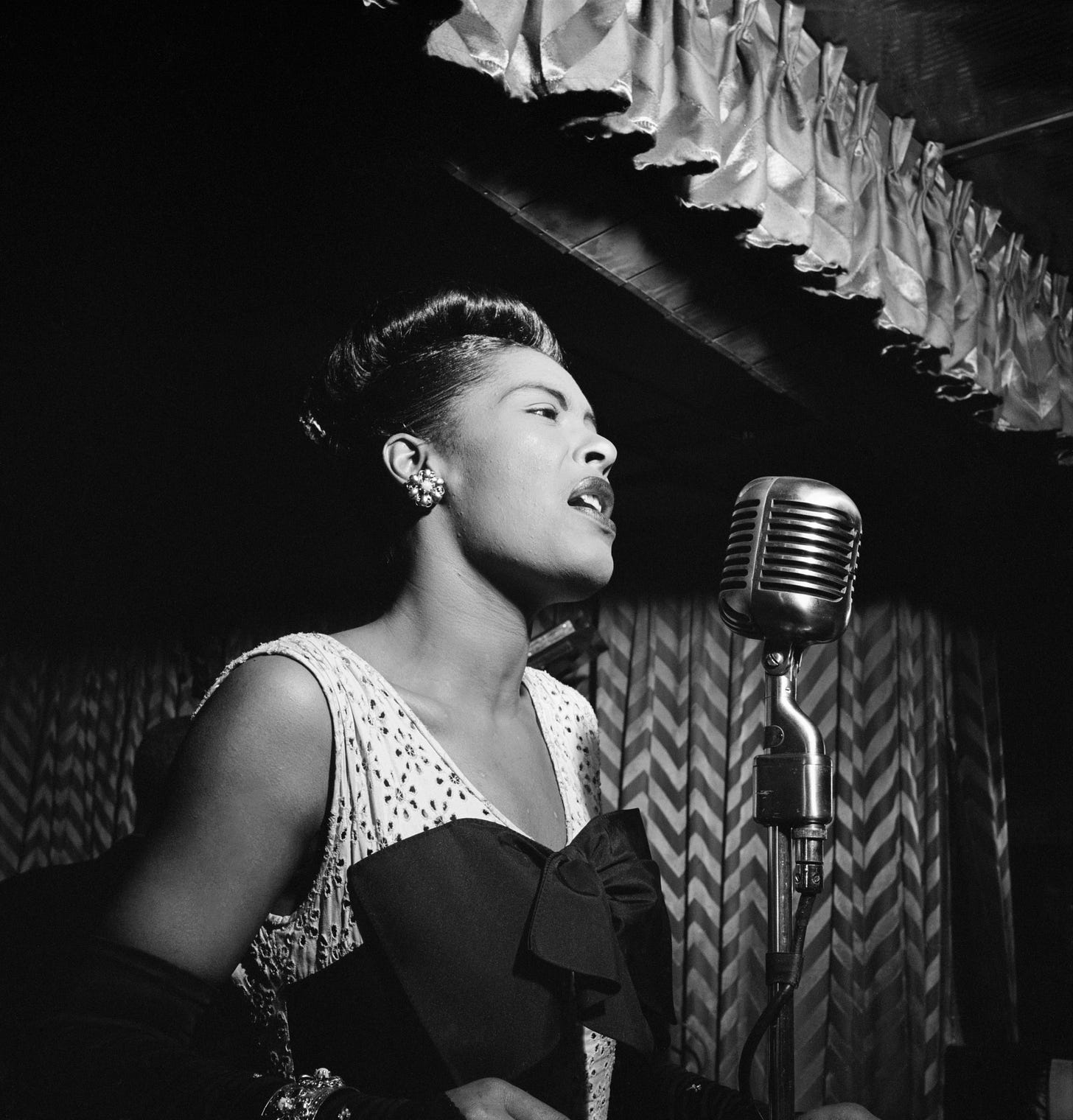
This is a follow-up to my earlier essay on Troilus and Criseyde. In class, I’ve called Chaucer’s poem “a love story that doesn’t quite work—intentionally so.” At least it doesn’t quite work in expected ways—in the ways of traditional comedy or tragedy. The current piece is also a sequel, of sorts, to my post on the Wife of Bath, whose sheer force of voice reshapes the terms of gender, history, and narrative. But where the Wife talks back—flooding the space of literature with her embodied self—Criseyde vanishes. She exits the poem slowly, painfully, and finally altogether. In doing so, she becomes not less complex, but more so. The most interesting thing about her is not that she leaves Troilus. It’s that she sees the shape of her own story—and walks out of it.
In my earlier post, I noted that Troilus and Criseyde is a poem made of tensions: between joy and sorrow, agency and helplessness, structure and emotion. It’s a love story bound to fail, in part because it happens in a world governed by politics and war, but also because Chaucer is writing from within—and also against—the courtly love tradition that his characters inhabit. Troilus is a lover written into being by literary precedent. Criseyde is something else: a woman caught between convention and clarity, whose decisions do not fit comfortably within the narrative world she’s been given.
Let’s recall the plot. Troilus, a Trojan prince, falls hard for Criseyde, whose father has defected to the Greeks. With the help of Pandarus—Criseyde’s uncle and Troilus’s friend—the prince woos her with orchestrated performances and proxy messages. Criseyde resists, at first. She is cautious, intelligent, and acutely aware of what love costs women, especially a woman in her precarious situation. The beautiful woman, wrongly placed, is blamed not for her misfortune, but for her visibility.
Eventually, she yields—not to desire (at least not for the most part), but to pressure. Pandarus traps her in a night alone with Troilus, and the narrator ambiguously tells us that “al was doon.” Whether this is love or coercion is not clear—and that’s the point. From the beginning, Criseyde is a character whose choices are shaped not just by what she wants, but by what others demand she that want.
Still, something genuine grows between them. For a time, Criseyde and Troilus are happy. But just as their relationship becomes real, history reasserts itself. The Greeks propose a prisoner exchange: Criseyde for a captured Trojan warrior. No one consults her. The decision is made for her. Before she leaves, she promises Troilus she will return in ten days, but she never does. (Troilus, waiting for her in the final book, always makes me think of Billie Holiday singing “I Cover the Waterfront.” I sometimes play the song for my students, but they usually don’t understand what I’m doing—problematic pedagogy, perhaps.)
This is the part most readers remember. Criseyde goes to the Greek camp, meets Diomede, and eventually yields to his advances. She is, in the tradition, a betrayer. Chaucer’s narrator, too, seems to lean this way. Troilus dies in grief, killed by Achilles, and the poem ends with his soul rising into the heavens as he looks down and laughs at those mourning over his body.
But Criseyde hasn’t simply chosen Diomede over Troilus. She is alone in enemy territory, without protection, surrounded by men who read her body as currency. The question is not whether she is faithful; it’s whether she is safe. And Criseyde, unlike Troilus, knows what kind of world she lives in. “Allas, of me unto the worldes ende / Shal neyther ben ywriten nor ysonge / No good word” (5.1052–54). This is not remorse; it’s foresight. She sees the narrative being written around her, and she knows she will be cast as the betrayer.
Criseyde has little room to speak in the final books. Her voice disappears. And yet her silence contains more truth than the narrator’s moralizing or Troilus’s celestial ascent. If Troilus is a study in grief, Criseyde is a study in survival. Her choices are not romantic but strategic. She is not guided by fantasy but by a clear-eyed understanding of power, gender, and the brutality of context. She does not betray Troilus. She escapes him.
This is not to say she lacks feeling. But Chaucer’s poem asks us again and again to consider whether love is a thing we do or a thing done to us, and the extent to which the question is gendered. Troilus is the lover par excellence, but he never really sees Criseyde as a person. He loves her as a symbol of his own love. Criseyde, by contrast, sees clearly—and acts accordingly.
In my post on the Wife of Bath, I suggested that Alisoun asserts her history through speech, by insisting that her body is a text of its own. Criseyde cannot do the same. Her body is already written over—and fought over. But her final act is not submission. It is refusal. She does not break the poem’s frame. She slips out of it.
And what she leaves behind is not failure, but a question: what does it mean to survive a love story that was never really yours?
Thanks for reading, from my fancy internet departure lounge to yours.





Would you choose Chaucer as one of your fantasy dinner guests? I'll bet so. Your reading of him has always been astute. But perhaps you need not need invite him at all. Are you his reincarnation?! Naming your dog Chaucer was simply to throw us off the scent (pun intended).
Seriously, your analysis is pretty brilliant.
"But her final act is not submission. It is refusal. She does not break the poem’s frame. She slips out of it." A really enjoyable essay on this beautiful work. Troilus laughs at it all, Criseyde looks away. A harsh ending that somehow rings true.